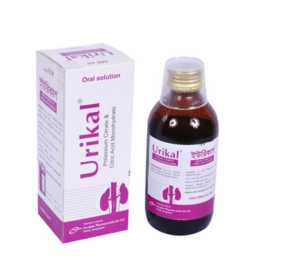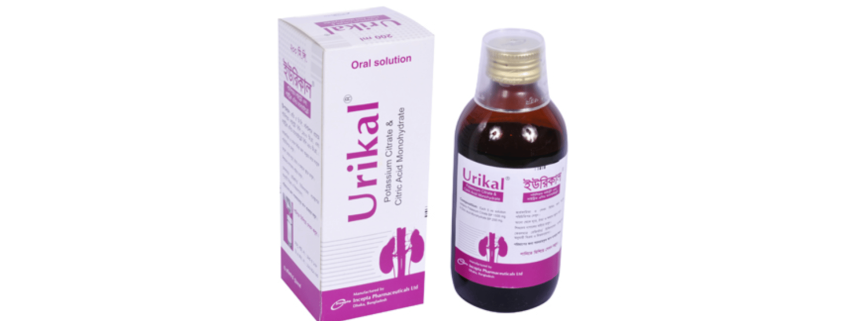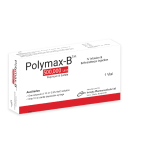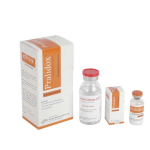Urikal(Potassium Citrate & Citric Acid Monohydrate)

Therapeutic Group: Urological
Presentation
Urikal 100 ml oral solution: Each 5 ml solution contains Potassium Citrate BP 1500 mg and Citric Acid Monohydrate BP 250 mg.
Urikal 200 ml oral solution: Each 5 ml solution contains Potassium Citrate BP 1500 mg and Citric Acid Monohydrate BP 250 mg.
Description
Potassium Citrate and Citric Acid oral solution is a stable and pleasant-tasting oral systemic alkalizer. Potassium citrate is absorbed and metabolized to potassium bicarbonate, thus acting as a systemic alkalizer. This product alkalinizes the urine without producing a systemic alkalosis in recommended dosage. It is highly palatable, pleasant tasting and tolerable, even when administered for long periods. Potassium citrate does not neutralize the gastric juice or disturb digestion.
Indications
• To relieve discomfort in urinary tract infections
• To prevent kidney stone
• With uricosuric agent to prevent gout
• Acidosis caused by kidney disease
Dosage & Administration
To relieve discomfort in UTI:
Adults & children over 6 years: 10 ml 3 times daily, diluted with 1 glass of water.
Children 1-6 years: 5 ml 3 times daily, diluted with 1/2 glass of water.
To prevent kidney stones, acidosis caused by kidney diseases, with uricosuric agent to prevent gout:
Adults: 10-15 ml 4 times daily; or as directed by the physician, diluted with 1 glass of water.
Pediatric: 5-10ml 4 times daily; or as directed by the physician, diluted with 1/2 glass of water.
Side Effects
This solution is generally well tolerated without any unpleasant side effect when given in recommended doses to patients with normal renal function and urinary output. However, as with any alkalinizing agent, caution must be used in certain patients with abnormal renal mechanisms to avoid development of hyperkalemia or alkalosis. Potassium intoxication causes listlessness, weakness, mental confusion, tingling of extremities, and other symptoms associated with a high concentration of potassium in the serum.
Precautions
The solution should be used with caution in patients with low urinary output. It should be diluted adequately with water to minimize the possibility of gastrointestinal injury associated with the oral ingestion of concentrated potassium salt preparations; and preferably, to take each dose after meals. Large doses may cause hyperkalemia and alkalosis, especially in the presence of renal disease.
Use in Pregnancy & Lactation
No information is available regarding the use of this drug during pregnancy and lactation.
Drug Interaction
Concurrent administration of potassium-containing medication, potassium-sparing diuretics, angiotensin-converting enzyme (ACE) inhibitors, or cardiac glycosides may lead to toxicity.
Over Dose
The administration of oral potassium salts to persons with normal excretory mechanisms for potassium rarely causes serious hyperkalemia. However, if excretory mechanisms are impaired, hyperkalemia can result. Hyperkalemia, when detected, must be treated immediately because lethal levels can be reached in a few hours. If hyperkalemia occurs, treatment measures will include the followings: (1) Elimination of foods or medications containing potassium. (2) The intravenous administration of 300 to 500 mL/hr of dextrose solution (10 to 25%), containing 10 units of insulin/20 gm dextrose. (3) The use of exchange resins, hemodialysis, or peritoneal dialysis.
Commercial Pack
Urikal 100 ml oral solution: Bottle containing 100 ml oral solution.
Urikal 200 ml oral solution: Bottle containing 200 ml oral solution.



